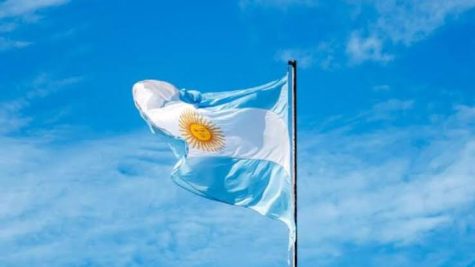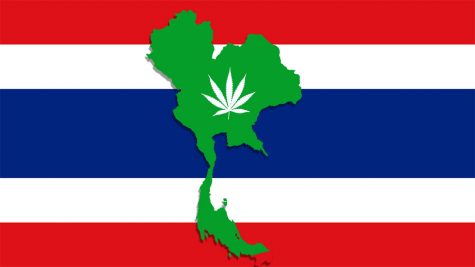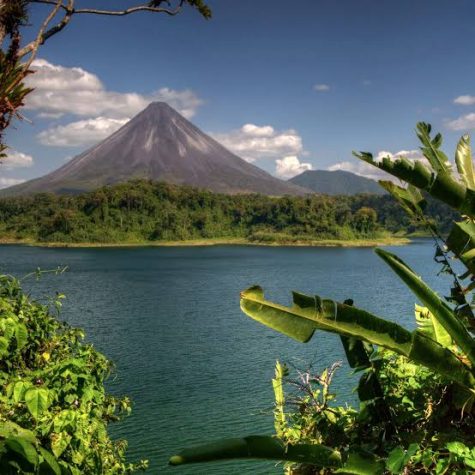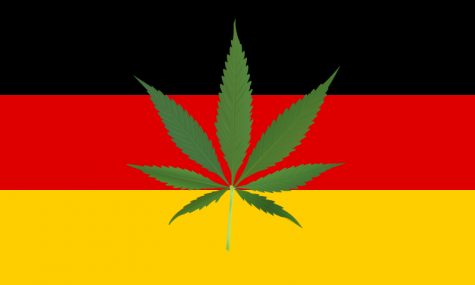United Nations Drug Committee says cannabis is a “relatively safe drug”
Scientific research on cannabis has been deemed inadequate by UN reporters
Cannabis has been described as a “relatively safe drug” by the World Health Organization in the first-ever meeting to review the drug’s safety.
Members of the United Nations Drug Committee noted how millions of people around the world are currently consuming cannabis to treat widespread medical conditions.
These recent findings could make a positive difference to a recommendation currently being prepared to the UN. It will focus on the “need for and level of international control” over the green plant for medicinal use.
Global cannabis consumption is growing
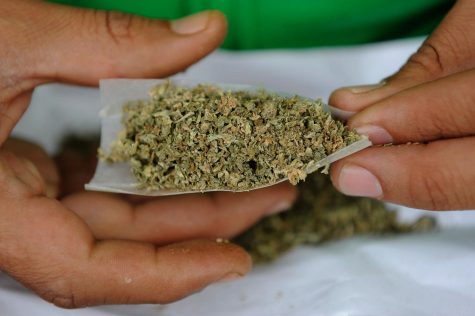 Cannabis prohibition was put into motion when international drug treaties were established worldwide back in 1961.
Cannabis prohibition was put into motion when international drug treaties were established worldwide back in 1961.
The plant is the “most widely illicitly produced drug worldwide” and is grown in 135 countries.
A total of 953 medical cannabis patients from 31 different nations were spotlighted in the UN’s report. According to the agency, an estimated 183 million adults consumed cannabis in 2015 alone.
Cannabis-based medicines were used by the majority of medical cannabis patients for years, with a big chunk of them using the natural medicine under physician supervision. A significant portion of survey participants admitted to trying cannabis prior to getting a doctor’s recommendation.
Additional research on the safety of cannabis is needed
The subject of cannabis’ safety has generated major public interest and scientific research on the plant has been deemed inadequate by UN reporters.
However, the legalities associated with prohibition has prevented clinical trials from taking place.
“Barriers to research in the USA include the difficulty of navigating through several federal agencies (including the aforementioned DEA, FDA) as well as research ethics boards and local and state oversight concerns,” reads to the report.
Cannabis quality control problems reported by the UN
Quality control was also touched upon in the report, with the UN announcing issues with the primary source of cannabis used for scientific research in the states. Federal cannabis is cultivated at a farm located on an Oxford-based campus at the University of Mississippi in Oxford.
“The current international policies on cannabis use are outdated and are having a detrimental impact on patients in the US and worldwide,” said the executive director of Americans for Safe Access (ASA), Steph Sherer. “These policies do not reflect the reality of over 30 countries globally that have passed medical cannabis laws,” he added.
UN Chief wants all drugs to be decriminalized
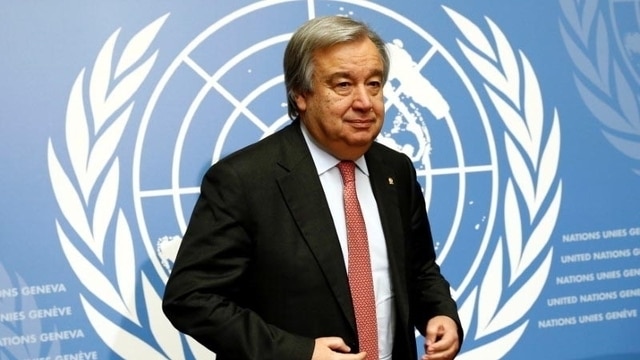
Back in March of this year, UN Secretary-General António Guterres gave a public announcement demonstrating his support for the decriminalization of all drugs.
In that same week, the UN’s narcotics officials released a report opposing global cannabis legalization.
“Current efforts have fallen short of the goal to eliminate the illicit drugs market,” said the prime minister of Portugal, António Guterres.
“We can promote efforts to stop organized crime while protecting human rights, enabling development and ensuring rights-based treatment and support. I am particularly proud of the results of the reforms I introduced in Portugal when I was prime minister almost 20 years ago,” he continued.
Guterres’ decision to decriminalize drugs in Portugal has proved somewhat influential for other countries. Since the policy was enacted in 2001, overall drug use, overdose deaths, and HIV-related infections have fallen.










